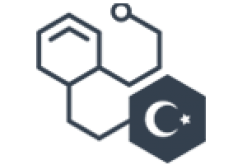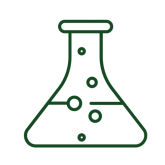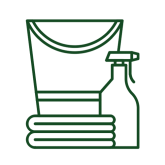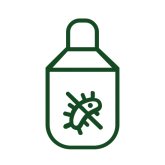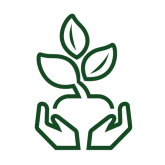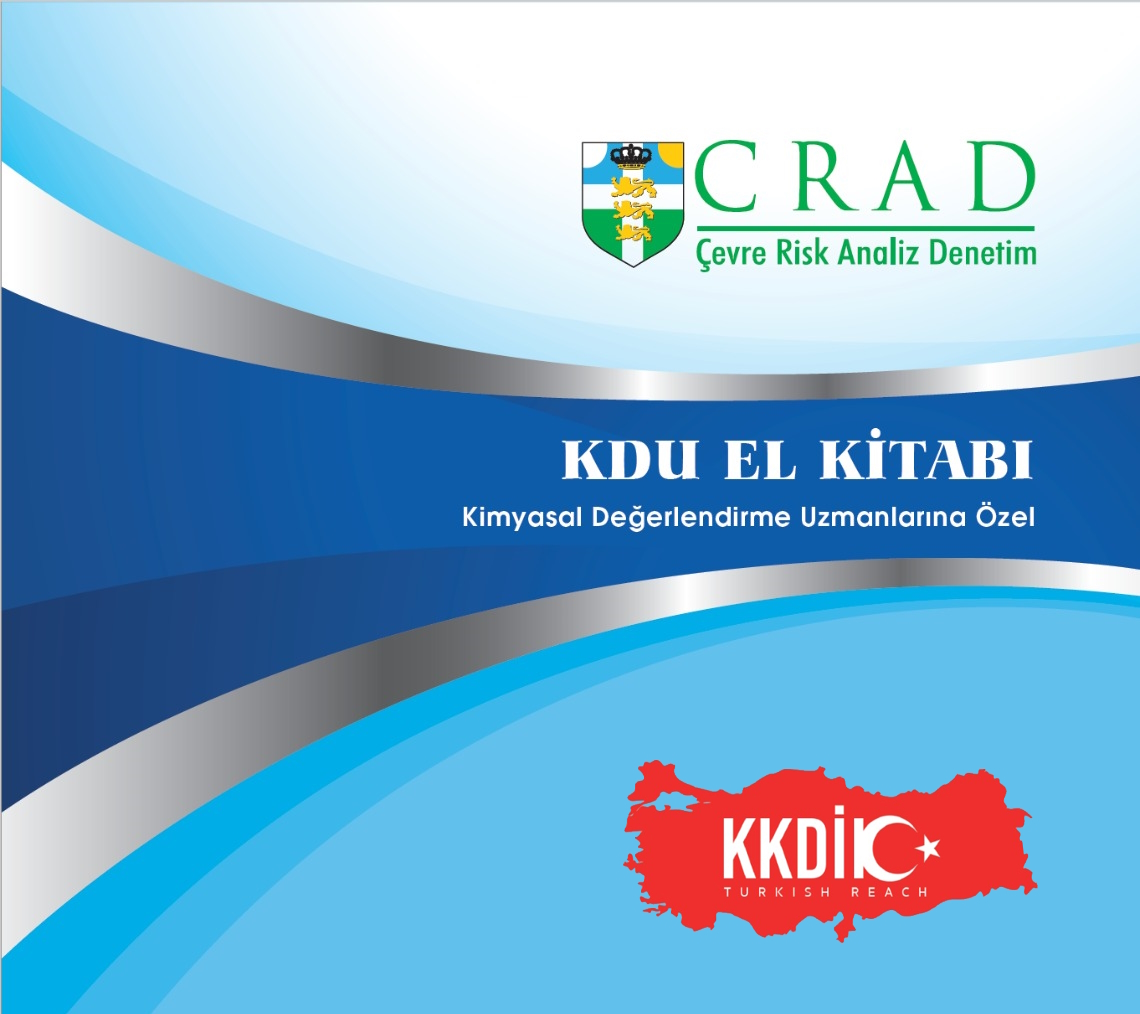INTERMEDIATE SUBSTANCE REGISTRATION UNDER THE KKDIK REGULATION
Content addition date : 29-05-2025
Intermediate substances are chemical substances that are typically used in the production of final products, processed, or combined with other substances, but are not presented as standalone products to the user. These substances play an important role in industrial production processes and are sometimes used without isolation and sometimes isolated for use.
According to Article 4(c) of the KKDİK Regulation, whether a substance needs to be registered depends on the type of substance and its usage. In this case, the applicable situation of the three cases described determines whether registration is required:
► Non-Isolated Intermediate Substances: These are substances used in the production process without undergoing any isolation procedure. In other words, these substances are chemical compounds directly used in the production process and later combined with another substance. According to the KKDİK Regulation, if a substance is used as a non-isolated intermediate substance, it does not need to be registered. This is because human and environmental exposure is not anticipated. For example, a catalyst or another component used directly in a production line could be considered a non-isolated intermediate substance.
► On-site Isolated Intermediate Substances: These are substances isolated during production processes on-site (i.e., at the production facility) and typically used for a specific process. These substances are separated during the production stage due to chemical reactions and are usually used in another production phase. If a company produces 1 ton or more of on-site isolated intermediate substances per year, these substances must be registered according to the KKDİK Regulation. For example, a compound isolated in a chemical reactor and then used in another process would be considered an on-site isolated intermediate substance.
► Transported Isolated Intermediate Substances: These are intermediate substances that are isolated and then transported from one production facility to another. These substances are transported to or used in a different production facility. If a company produces 1 ton or more of transported isolated intermediate substances per year and the substance is not exempt from registration, these substances must be registered in accordance with the KKDİK Regulation. Transported isolated intermediate substances are those transferred to different production processes and used in another location. For example, chemical compound produced in a laboratory and transported to a production line in another factory.
In summary, whether a substance needs to be registered is determined by whether it is isolated or not and the annual production/transport volume. Non-isolated substances are not subject to registration, whereas on-site isolated and transported substances require registration above certain quantities.



